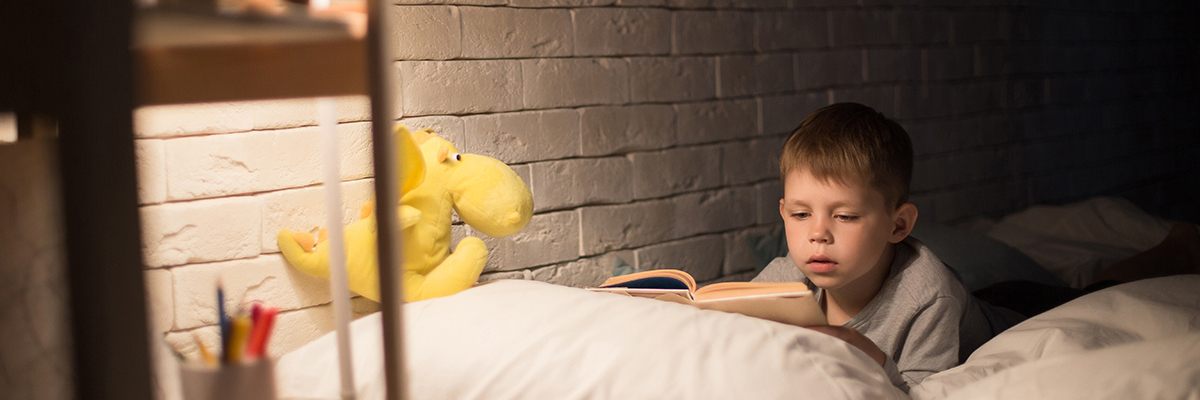
Article at a Glance:
In this series, we’ll be looking at ways to help teach children and teens resilience. It can be difficult to process disappointment, trauma, stress, anxiety, or depression and all of the negative feelings that can come with it. Resiliency will help children and teens deal with these negative feelings in a healthy and appropriate manner. Resilience is a skill, and like any skill, it can be strengthened through practice.
Self-care means a lot of different things to different people. However, it’s just as important for children and teens to practice self-care as it is for adults. Some ideas for self-care include
Encourage children and teens to participate in fun activities they enjoy—even if that’s more challenging during distance learning. If they’re schooling at home, help them learn to take breaks throughout the day that refresh them for another block of work.
Children may not see the connection between what they do or watch and how they feel. Have frank conversations about how watching too much news makes you feel more anxious, or spending too much time on social media makes you feel drained. Talk about the steps you’ve taken to guard your good mood and positive outlook.
In addition to physical needs, children and teens should be mindful of their mental wellness and how different media affects them. Teach them how to advocate for their own emotional needs and how to set boundaries to limit their exposure to things (social media, television news, and adult conversations, to name a few) that might make them feel stressed and anxious.
The more comfortable children and teens become with practicing self-care, the stronger their adaptability and resilience will become.